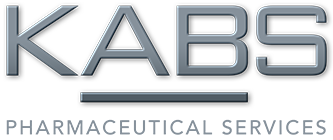The challenges of a changing world

Since inception the world’s scientific ecosystem has constantly evolved. But now the changes are seemingly more rapid and more intense. The overall processes have become more knowledge-based and, at the same time, the costs have increased several folds. Recent advances provide promising scientific foundations, but the time path and outcomes remain subject to many risks and uncertainties. The paradigm of conventional mass production has possibly reached a limit and the fundamental rules of engagement are changing drastically.
One of the biggest challenges is to translate the impact of changes on operating models in a holistic way, to adapt swiftly and decisively to disruption while maintaining an operational good mood. Our industry has an outstanding record of innovative performance and our manufacturing methodology has significantly evolved, and yet there is room for profound improvement.
We must learn to create new models. Like flexible infrastructures emphasizing virtual partnerships, valuing human knowledge and skills, capable of delivering quality while addressing uncertainty and complexity through rapid change. The results of efficient and scientifically sound manufacturing methodologies, such as the lean-but-not-mean approach, gave rise to significant innovations. While innovation in the first wave benefit a limited population, it is a matter of time before it spreads to the world’s demographics.
We think that pharmaceutical laboratories that manage to embrace the most appropriate human-factor archetype and master disruption, while keeping the overall focus, have the greatest chance to deliver tangible added-value to humanity, which in turn drive its success. We also think it’s important to develop a balanced transition roadmap that addresses the multiple and significant risks and possibilities facing the business while aiming at quality improvement, innovation, waste reduction, flexibility to meet new challenges and creating healthy and enjoyable workspaces.

